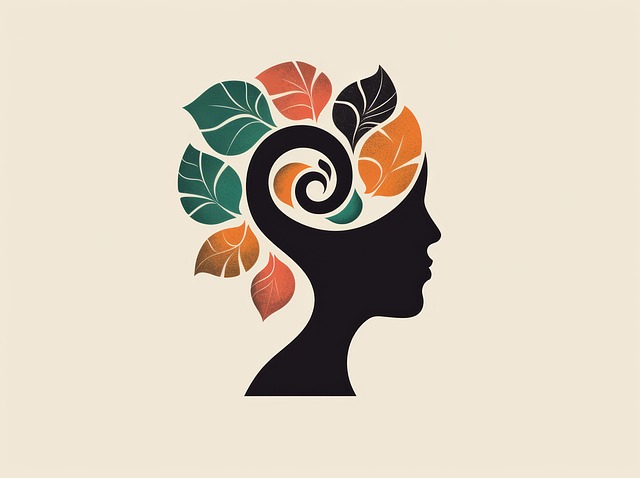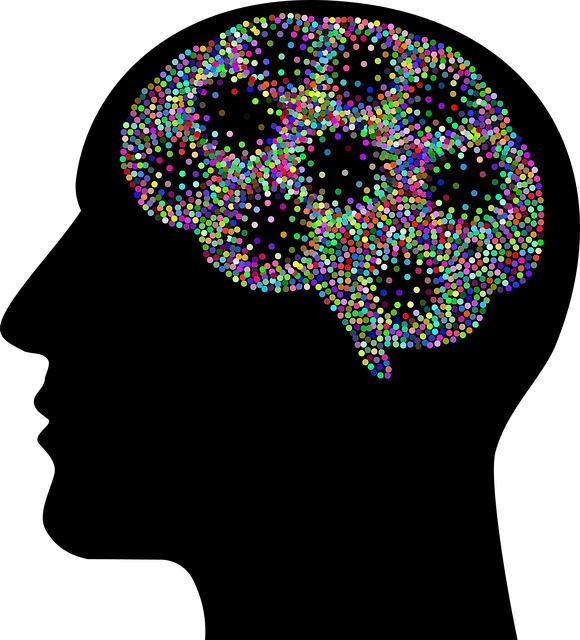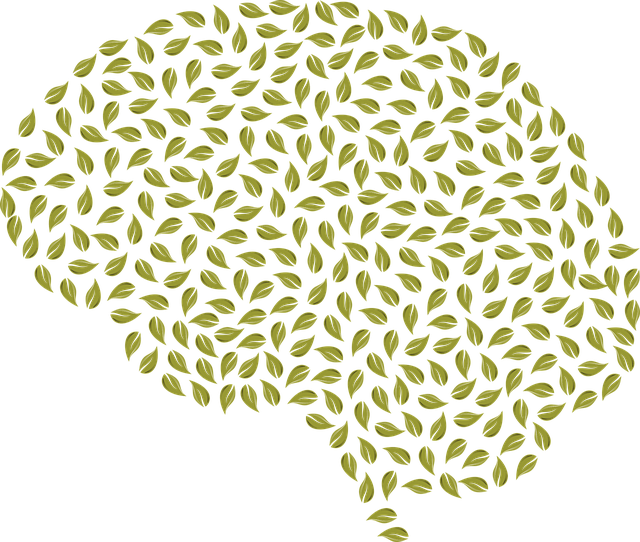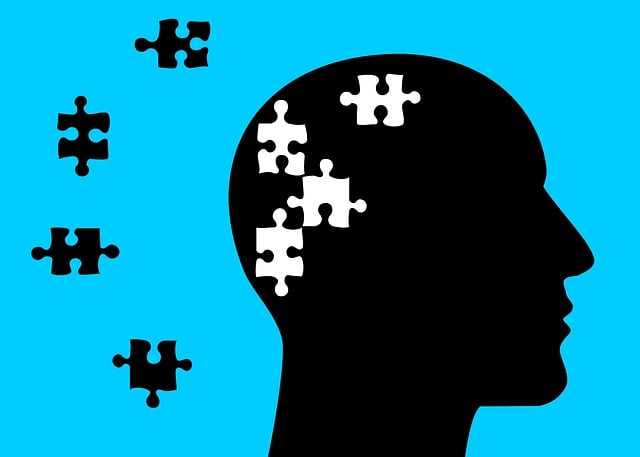Mental Wellness Self-Assessment Tools are crucial for managing individual mental health, offering insights into emotional, psychological, and behavioral well-being. Integrating Centennial Pain Management Therapy into these tools can revolutionize holistic mental health awareness by detecting underlying emotional distress linked to chronic pain. In the digital age, advanced online platforms leverage machine learning and evidence-based practices like Communication Strategies and Burnout Prevention for personalized assessments, empowering users to proactively manage their mental wellness through accessible technology.
Mental wellness self-assessment tools play a pivotal role in empowering individuals to take charge of their mental health. This article explores the development of such tools, focusing on the integration of Centennial Pain Management Therapy (CPMT) principles. We delve into strategies for creating effective and accurate digital assessments, highlighting CPMT’s significance in enhancing self-awareness and guiding personalized wellness journeys. By understanding these tools’ potential, we can foster better mental health management and accessibility.
- Understanding Mental Wellness Self-Assessment Tools
- Integrating Centennial Pain Management Therapy into Self-Assessment
- Creating Effective and Accurate Digital Assessment Tools for Mental Health
Understanding Mental Wellness Self-Assessment Tools

Mental Wellness Self-Assessment Tools play a pivotal role in promoting individual awareness and understanding of their mental health status. These tools are designed to help folks assess their emotional, psychological, and behavioral well-being, offering insights that can guide them towards appropriate support or intervention. They serve as valuable resources for both personal growth and professional development, especially in fields like Centennial Pain Management Therapy where fostering resilience is key.
By integrating features such as self-reflection prompts, mood tracking, and mental health literacy content, these tools empower users to take charge of their mental wellness. This proactive approach aligns with the broader goal of Mental Health Education Programs Design, which seek to equip individuals with the knowledge and skills to maintain balanced moods and enhance overall resilience. Effective self-assessment tools can thus be game changers in promoting holistic mental health awareness and sustainable well-being.
Integrating Centennial Pain Management Therapy into Self-Assessment

Integrating Centennial Pain Management Therapy into self-assessment tools offers a promising avenue for enhancing mental wellness support. This therapeutic approach, designed to help individuals navigate and manage chronic pain, can provide valuable insights into an individual’s overall mental state. By incorporating techniques from Centennial Pain Management Therapy, such as cognitive reframing and mindfulness practices, assessment tools can better detect underlying emotional distress often associated with persistent pain.
This integration is particularly significant in the context of public awareness campaigns development and trauma support services. It allows for a more holistic understanding of an individual’s experience, moving beyond mere symptoms to address the complex interplay between physical and mental health. Through this approach, self-assessment tools can become powerful instruments in early intervention and promoting proactive mental wellness strategies.
Creating Effective and Accurate Digital Assessment Tools for Mental Health

In today’s digital era, the development of effective and accurate mental wellness self-assessment tools has become more crucial than ever. These online platforms, designed to support Centennial Pain Management Therapy, play a pivotal role in early intervention and proactive mental health care. Advanced algorithms and machine learning capabilities enable these tools to adapt to individual needs, ensuring personalized assessments that capture nuanced symptoms often missed in traditional settings.
By incorporating evidence-based practices such as Communication Strategies and Burnout Prevention techniques, digital assessment tools can enhance the accuracy of self-reported data. Features like interactive questionnaires, Mindfulness Meditation exercises, and real-time feedback loops empower individuals to take charge of their mental wellness. This shift towards accessible, user-friendly technology has the potential to revolutionize how we approach and manage mental health challenges, fostering a more holistic and inclusive support system.
Mental wellness self-assessment tools play a pivotal role in empowering individuals to take charge of their mental health. By integrating innovative approaches like Centennial Pain Management Therapy, we can enhance the accuracy and effectiveness of these tools. The development of digital assessment platforms offers unprecedented accessibility, ensuring that support is readily available for those seeking guidance. As technology advances, it’s essential to prioritize user-friendly designs and evidence-based practices to create robust solutions that positively impact mental wellness.













